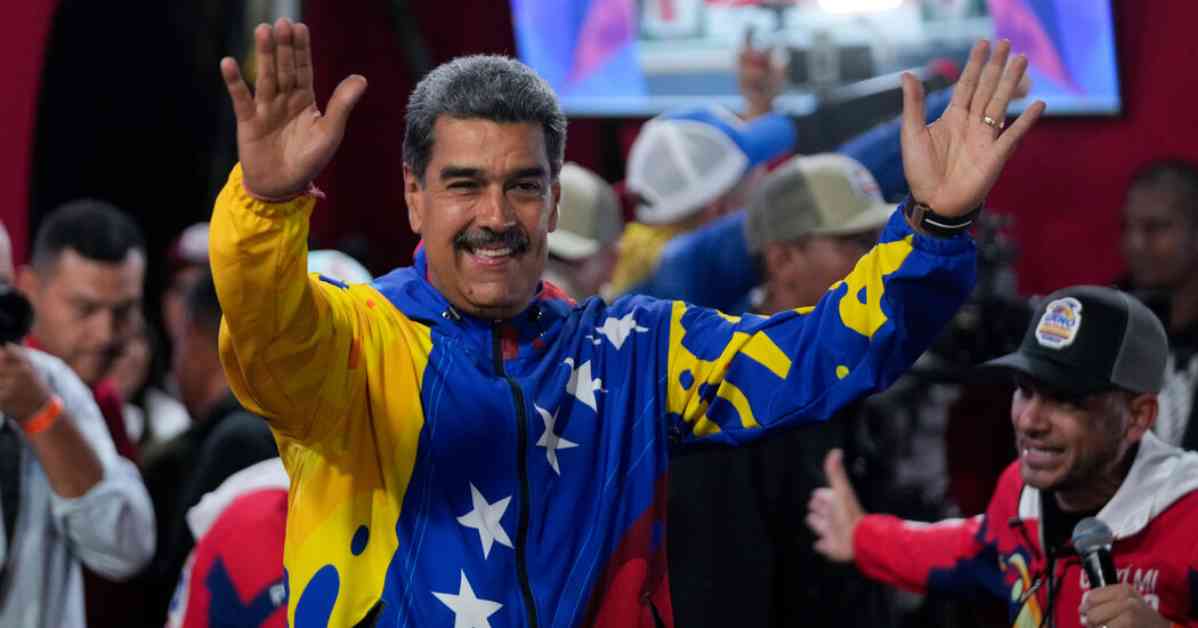Venezuela’s recent presidential election results have stirred controversy as Nicolás Maduro was declared the winner, securing another six-year term as president. The opposition, however, disputed the outcome, claiming irregularities in the voting process. The United States expressed “serious concerns” about the validity of the election.
Despite the opposition’s efforts and hopes to unseat Maduro’s socialist party, the election authority reported that Maduro had garnered 51.2 percent of the votes, while the main opposition candidate, Edmundo González, received 44.2 percent. This announcement was met with protests from citizens who were dissatisfied with the government’s handling of the election.
In response to the results, popular opposition leader María Corina Machado stated that her team had evidence showing a different voter turnout than what was officially reported. She expressed disbelief in the declared outcome, emphasizing that they had won the election.
Secretary of State Antony J. Blinken also weighed in on the situation, stating that the U.S. government had reservations about the election results not accurately reflecting the will of the Venezuelan people. This sentiment was echoed by other officials in the region who questioned the credibility of the election process.
The controversy surrounding Venezuela’s presidential election highlights the ongoing political tensions in the country and the challenges faced by those seeking democratic change. The disputed results raise concerns about the transparency and fairness of the electoral process, casting doubt on the legitimacy of Maduro’s presidency.
As the situation unfolds, it remains to be seen how the international community will respond to the election outcome and what implications it may have for Venezuela’s future. The dispute over the election results underscores the need for a thorough examination of the voting process and a commitment to upholding democratic principles in the country.
